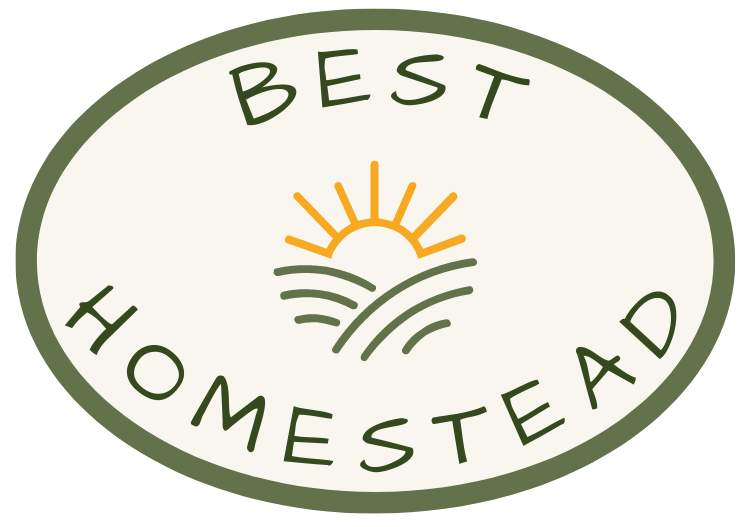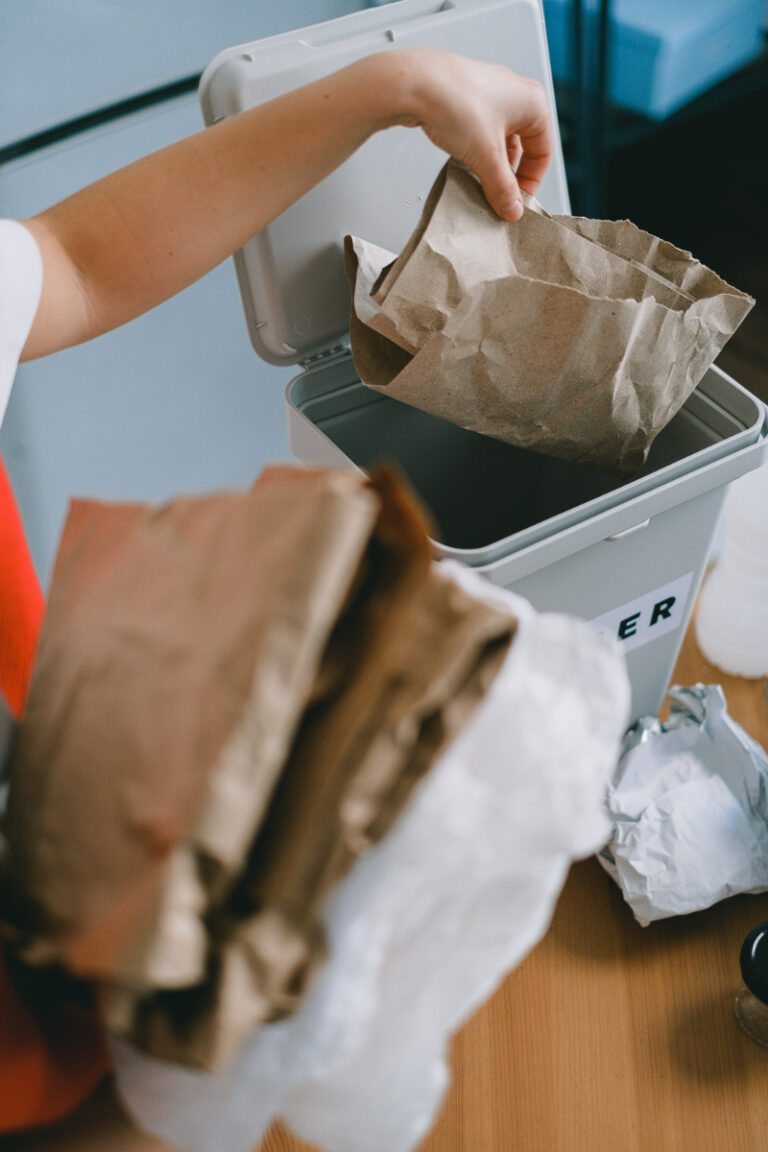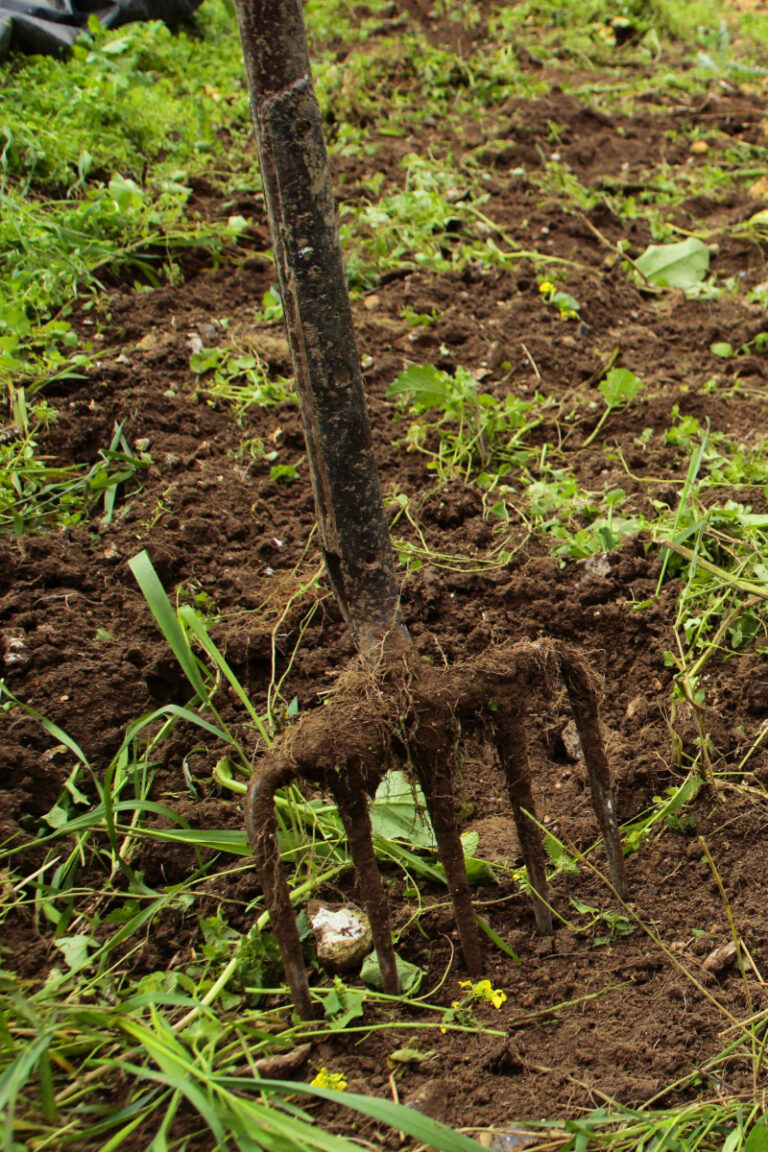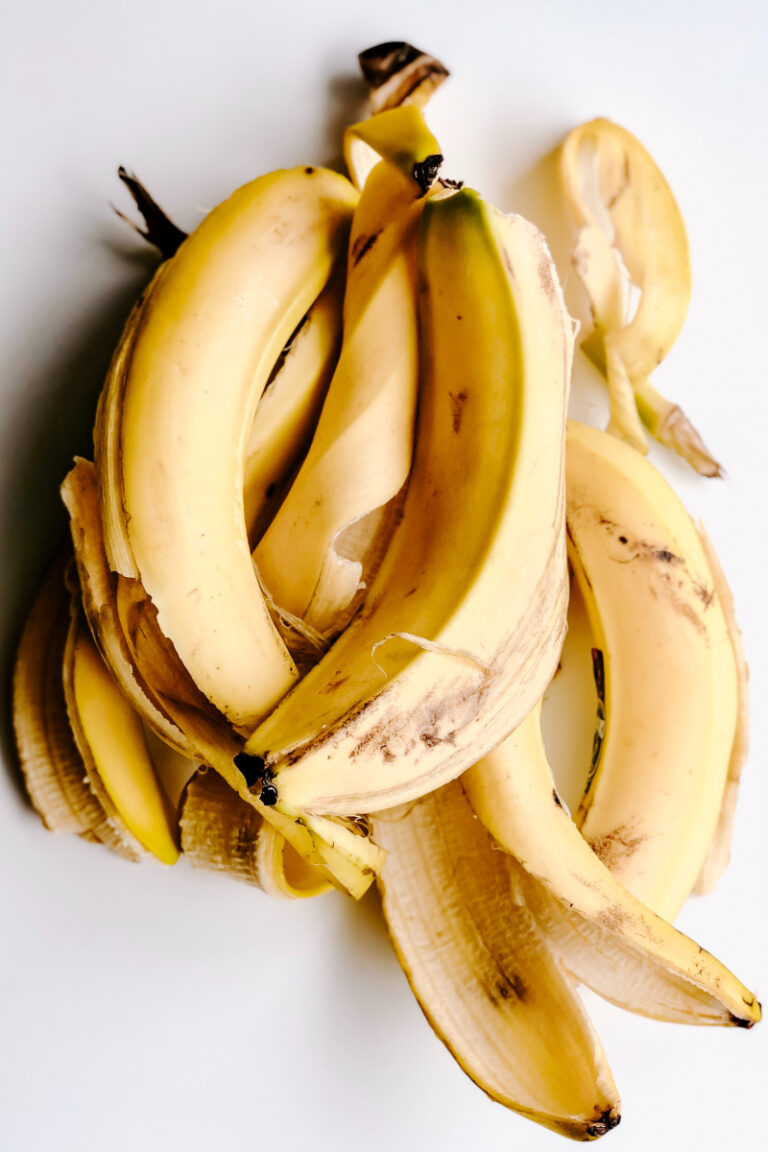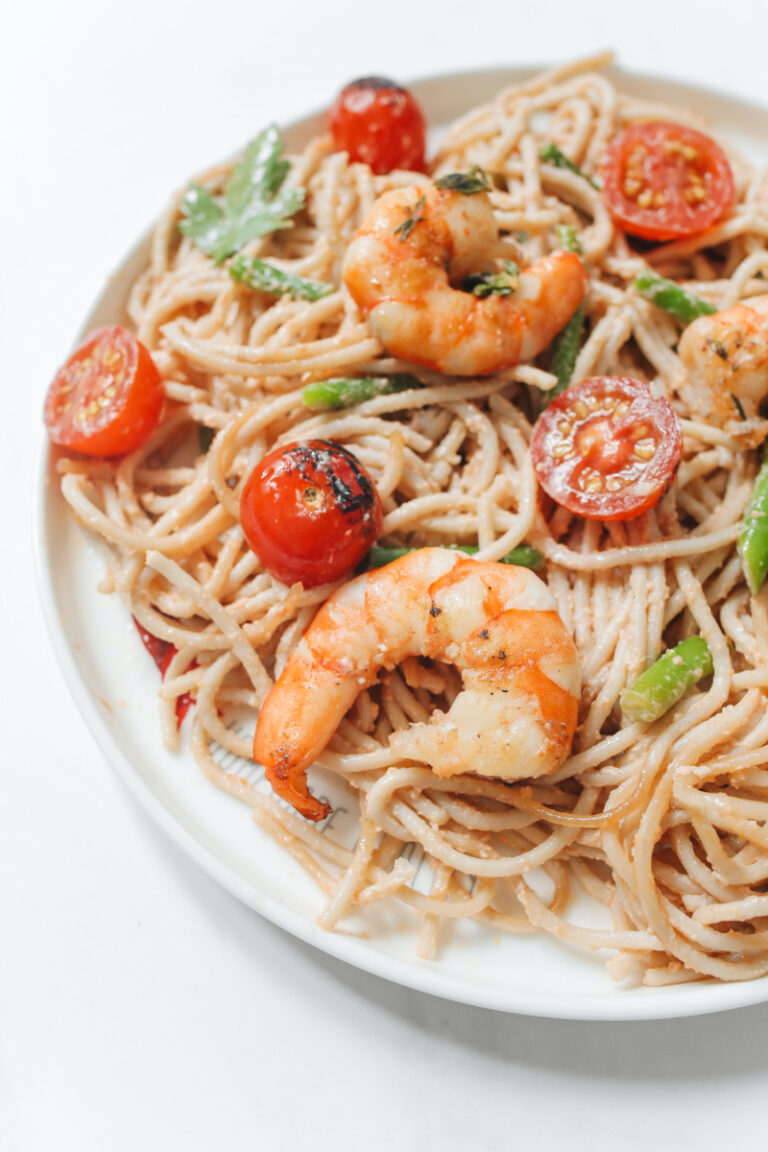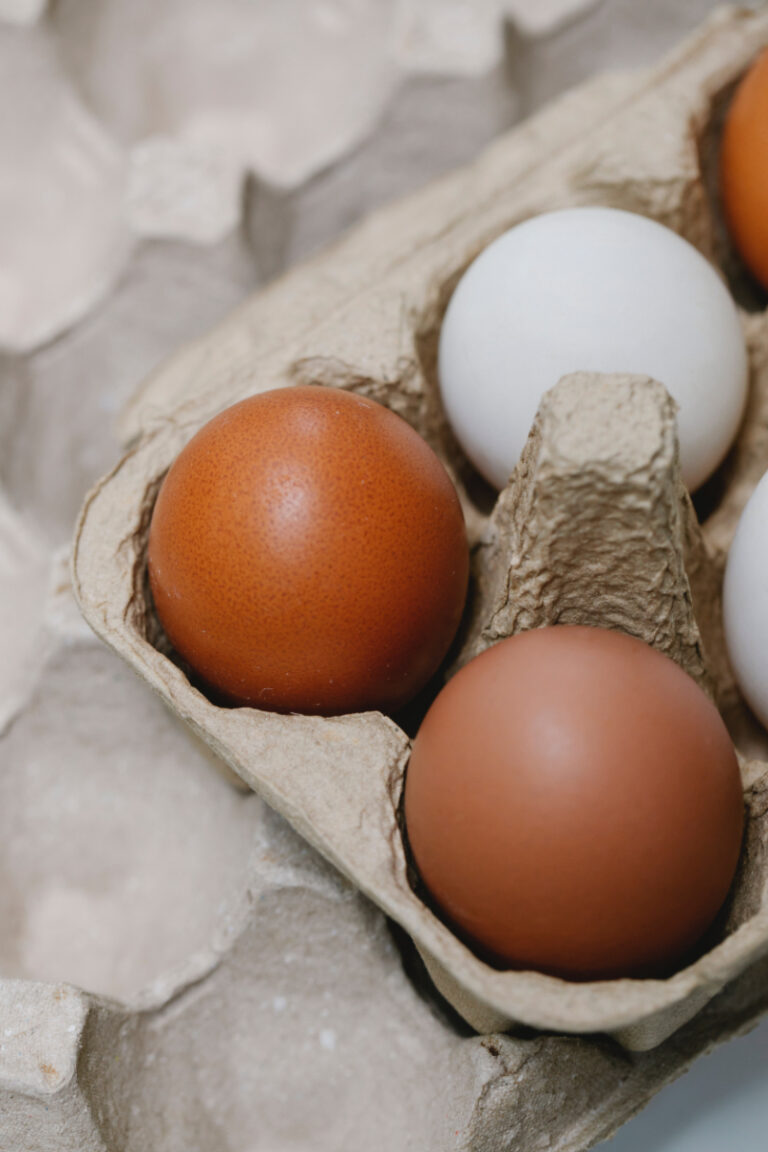Shredded Paper Recycling: How to Incorporate Into Compost
Composting is a natural process that transforms organic material like kitchen scraps and yard waste into nutrient-rich soil conditioner. This process is carried out by microorganisms such as bacteria and fungi, along with larger creatures like worms and insects.
The benefits of composting are manifold. Not only does it reduce the amount of waste going to landfills, but it also enriches the soil in your garden, helping plants grow healthier and stronger. Plus, it’s an excellent way to reduce your carbon footprint and contribute to a more sustainable world.
It’s important to understand what can and can’t be composted. While many items from your kitchen and garden are perfect for composting, others might not decompose well or could even be harmful. That brings us to the question at hand: Can you compost shredded paper? Let’s delve deeper into this topic.
From Waste to Wealth: A Comprehensive Guide to Composting Shredded Paper and Other Household Items
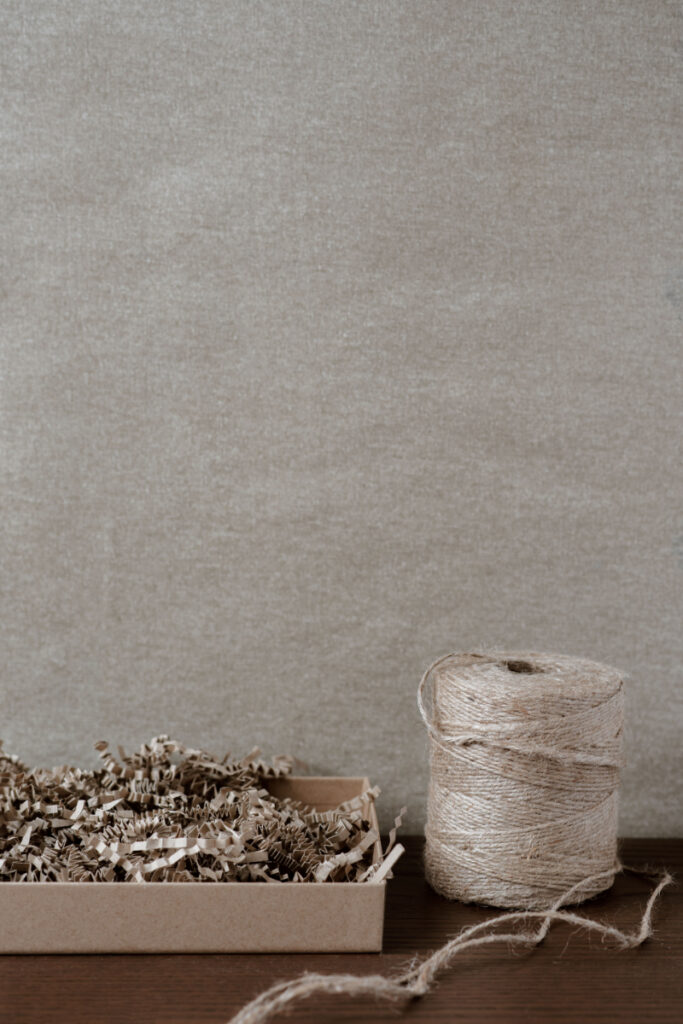
Your Role in Composting
As an individual, you have a significant role to play in the composting process and its impact on the environment. Every piece of organic waste you divert from your trash bin to your compost pile contributes to reducing the amount of waste that ends up in landfills.
Landfills are not just unsightly; they are also a significant source of methane, a potent greenhouse gas that contributes to climate change. By composting, you are directly helping to cut down on these harmful emissions. Moreover, composting is an easy and effective way to recycle nutrients back into the ecosystem, promoting soil health and biodiversity.
But your role doesn’t stop at simply composting kitchen scraps or yard waste. You can also look at other household items that usually end up in the trash. One such item that often gets overlooked is shredded paper.
Many people wonder if they can compost shredded paper. After all, paper comes from trees, which are organic. But is it as simple as that? Can you just toss your shredded documents into the compost pile, or are there other factors to consider? The following sections will provide a comprehensive answer to these questions.
Composting Shredded Paper: Can You Do It?
The simple answer to the question, “Can you compost shredded paper?” is yes, you can. But as with most things, there’s a bit more to the story.
Paper is indeed organic because it comes from trees. However, not all paper is created equal. Some types of paper are treated with chemicals or coated with plastic, which can be harmful to the compost pile and, eventually, your garden. Others might be printed with inks that contain heavy metals.
When it comes to shredded paper, you’re typically dealing with office paper, bill statements, junk mail, and the like. Most of these papers are safe to compost, provided they don’t have a glossy finish or aren’t heavily printed.
Shredded paper is particularly useful for composting because its small size allows it to decompose faster. Plus, it helps balance the compost pile by adding carbon-rich “brown” material, which complements the nitrogen-rich “green” material from your kitchen scraps.
So, while you can compost shredded paper, it’s crucial to be mindful of what kind of paper you’re adding to your compost pile. The following sections will delve into the benefits of composting shredded paper, how to do it correctly, and potential issues to watch out for.
The Benefits of Composting Shredded Paper
Composting shredded paper comes with several benefits that make it a valuable addition to your compost pile.
1. Balances the Compost Pile
In composting, balance is key. Your compost pile needs a good mix of “green” materials (like vegetable scraps, coffee grounds, and grass clippings) which are high in nitrogen, and “brown” materials (like dried leaves, straw, and paper) which are high in carbon. Shredded paper is an excellent source of brown material, helping to maintain the necessary carbon-to-nitrogen ratio for effective composting.
2. Speeds Up Decomposition
The small size of shredded paper means it breaks down relatively quickly, speeding up the overall composting process. It also provides more surface area for microbes to work on, further accelerating decomposition.
3. Improves Soil Structure
When added to the soil, compost made with shredded paper can improve soil structure, enhancing its ability to retain moisture and nutrients. This leads to healthier, more robust plants.
4. Reduces Waste
By composting shredded paper, you’re reducing the amount of waste that goes to the landfill. It’s an easy and practical way to recycle paper right at home.
5. Provides Insulation
In colder months, a layer of shredded paper can act as insulation for your compost pile, keeping it warm and active.
How to Compost Shredded Paper?
Composting shredded paper is a straightforward process. Here are step-by-step instructions to help you do it correctly:
1. Sort Your Paper
Not all paper is suitable for composting. Before shredding, sort through your papers and remove any that are glossy or heavily printed. Also, be sure to remove any plastic windows from envelopes.
2. Shred Your Paper
Shredding your paper not only ensures your personal information is secure but also helps the paper decompose faster in the compost pile.
3. Add to Your Compost Pile
Add your shredded paper to your compost pile or bin. Remember, it’s important to maintain a balance of green and brown materials in your compost. If you’re adding a lot of paper, be sure to add some green material too.
4. Turn Your Compost Pile
Regularly turning your compost pile helps aerate it, speeding up the composting process. It also helps evenly distribute the paper throughout the pile.
5. Monitor Your Compost Pile
Keep an eye on your compost pile. If it’s too dry, add more green material or a bit of water. If it’s too wet or has a bad odor, add more brown material like shredded paper.
6. Use Your Compost
Once fully decomposed, your compost is ready to use. You can add it to your garden or potting soil to enrich it with nutrients and improve its structure.
Potential Drawbacks and Solutions
While composting shredded paper has its advantages, there are some potential issues that you might encounter. Here’s a look at what they are and how you can solve them:
1. Slows Down Composting Process
If you add too much shredded paper to your compost pile, it can mat together and reduce airflow, slowing down the composting process. To prevent this, always ensure you maintain a balanced mix of green and brown materials. Turn your compost pile regularly to improve aeration.
2. Ink Concerns
Some papers are printed with inks that could potentially contain heavy metals or other harmful substances. While most modern inks are safe for composting, it’s best to avoid heavily printed or glossy paper just to be safe.
3. Plastic and Other Contaminants
Shredded paper can sometimes contain bits of plastic, staples, or other contaminants. Be sure to remove any non-compostable materials before adding shredded paper to your compost pile.
4. Attracts Pests
Like any food source, a compost pile can attract pests. However, if your compost pile is well maintained and balanced, this should not be a significant issue. If you notice pests, try turning your compost pile more frequently and ensure it’s not too wet.
Other Items You Can Compost
Shredded paper isn’t the only household item you can compost. There’s a wide range of organic materials that you can add to your compost pile. Here’s a look at some of them:
1. Yard Waste
Leaves, grass clippings, and small branches are excellent additions to your compost pile. They’re high in carbon and break down over time to create nutrient-rich compost.
2. Kitchen Scraps
Vegetable peels, fruit scraps, coffee grounds, tea bags, eggshells, and other kitchen waste are perfect for composting. They’re high in nitrogen and help balance the carbon-rich materials in your compost pile.
3. Cardboard and Newspaper
Like shredded paper, cardboard and newspaper can be composted. However, they should be torn into small pieces to speed up decomposition. As with shredded paper, avoid glossy or heavily printed sections.
4. Hair and Fur
Hair, fur, and even feathers can be composted. They decompose slowly but add valuable nutrients to your compost.
5. Cotton and Wool Rags
Old cotton or wool clothes, towels, or rags can be composted. Just make sure they are cut into small pieces to speed up decomposition.
Items to Avoid in Your Compost Pile
While many types of waste can be composted, there are certain items that should not go into your compost pile. Some could introduce harmful bacteria or pests, while others won’t break down properly and could contaminate your compost. Here are some items to avoid:
1. Meat and Dairy Products
These can attract pests and produce unpleasant odors as they decompose. They can also introduce harmful bacteria into your compost pile.
2. Diseased Plants
If you have plants that were diseased, it’s best not to compost them. The disease could spread to other plants when you use the compost.
3. Dog and Cat Feces
While manure from herbivorous animals is a great addition to compost, you should avoid adding dog or cat feces. These can contain parasites that are harmful to humans.
4. Glossy or Colored Paper
As mentioned earlier, glossy or heavily printed paper can contain inks with heavy metals or other harmful substances.
5. Coal Ash
Coal ash can be harmful to plants and should not be added to your compost pile.
6. Non-Biodegradable Materials
Plastic, glass, metal, and other non-biodegradable materials have no place in a compost pile. They won’t break down and will only contaminate your compost.
Conclusion: Making the Most of Your Compost
Composting is an excellent way to reduce waste, improve your garden’s health and contribute to a more sustainable lifestyle. Shredded paper, along with other household and yard waste, can be effectively composted to yield nutrient-rich soil for your plants.
However, it’s crucial to remember that balance is key in composting. Ensuring a good mix of green and brown materials will help speed up the composting process and result in a higher-quality compost. Also, you should be aware of the types of paper and other materials that are safe to compost to avoid introducing harmful substances into your compost pile.
When done correctly, composting can be a rewarding endeavor. Not only does it provide you with rich, organic material for your garden, but it also allows you to play a part in reducing landfill waste. It’s a win-win situation for you and the environment.
Whether you’re a seasoned gardener or just starting out, composting is a practice that can benefit everyone. So why not give it a try? Start composting today and watch as your garden thrives and your waste footprint diminishes. Happy composting!
